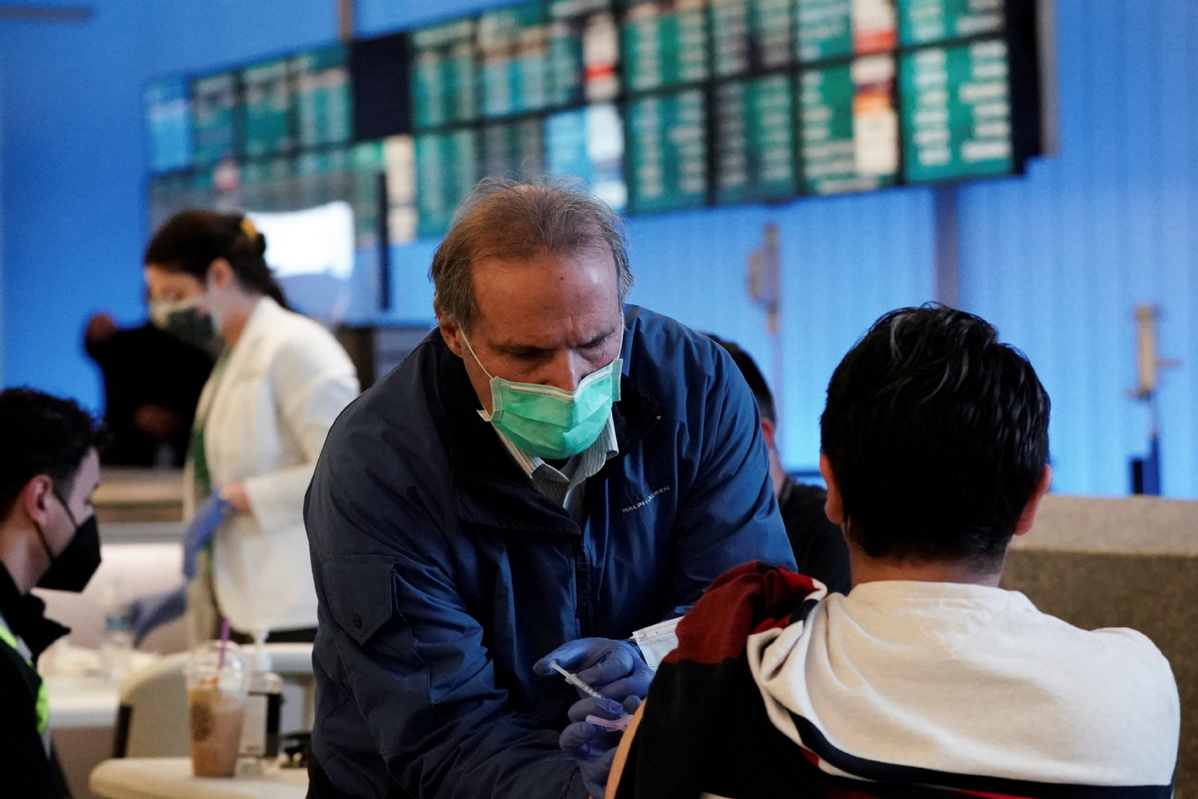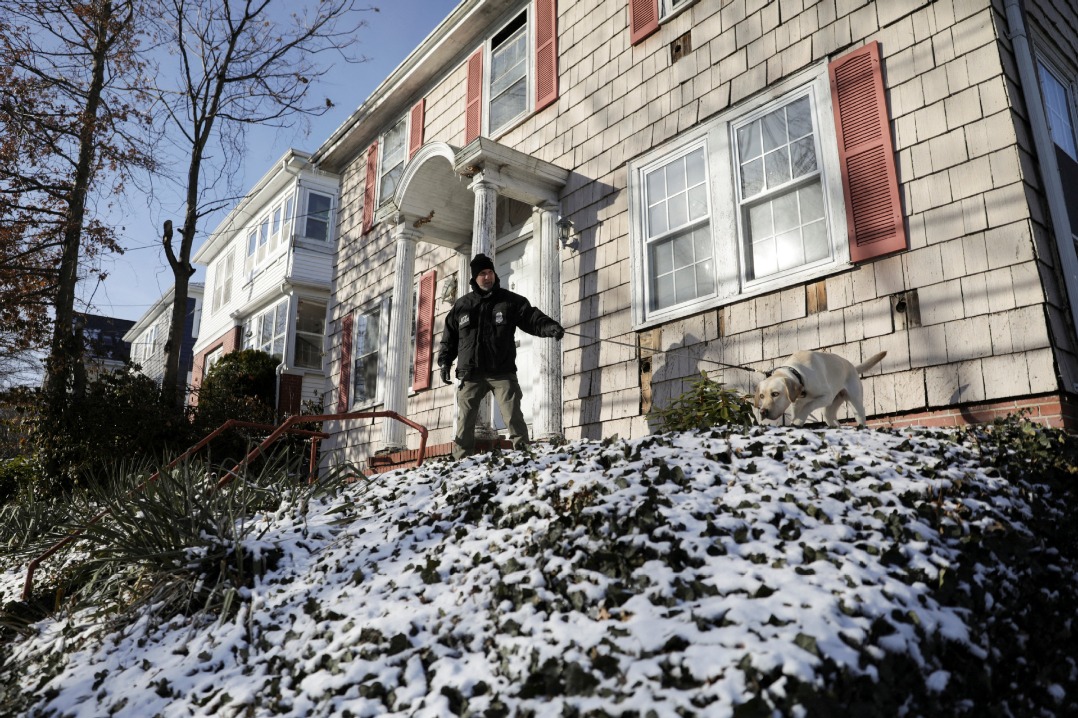Millions to lose Medicaid health coverage


Approximately 15 million Americans will lose Medicaid health coverage after expiration of a pandemic-era rule, according to the federal government's estimate.
The COVID-19 public health emergency (PHE) and Medicaid's continuous enrollment provision ended on March 31.
Before the pandemic, people would regularly lose their Medicaid coverage if they started making enough money to be disqualified for the program, or if they moved out of state or gained healthcare coverage through their jobs.
When the pandemic hit, the government suspended procedures that would remove people from Medicaid, a healthcare insurance program for low-income people that was started in 1965. As a result, Medicaid enrollment grew by 5 million between 2020 and 2022.
With the program expired, some states will restart eligibility checks of every person currently on Medicaid and remove people who were disqualified.
Using survey data and 2021 enrollment information, the Health Policy Office at the Health and Human Services (HHS) department projected that 17.4 percent of Medicaid and Children's Health Insurance Program (CHIP) enrollees will be removed from the federal program.
The analysis said that about 9.5 percent of Medicaid enrollees, or 8.2 million individuals, will lose Medicaid due to loss of eligibility. An additional 7.9 percent — 6 6.8 million individuals — will lose Medicaid coverage despite still being eligible due to how Medicaid is being administrated.
Of the 15 million individuals, children and young adults will be affected disproportionately, with 5.3 million children and 4.7 million adults ages 18-34 predicted to lose coverage.
Nearly one-third or 4.6 million individuals of those predicted to lose coverage are Latino, and some 2.2 million are black, the analysis found.
Even a small gap in coverage can be "devastating", said Jennifer Tolbert, the associate director for the program on Medicaid and the uninsured at KFF, a nonprofit research organization formerly known as the Kaiser Family Foundation.
Some may not be able to get access to their monthly medications, she said, while others may not get access to treatment for their chronic physical or mental health conditions.
Only 2.7 million individuals are expected to qualify for the Affordable Care Act's Marketplace premium tax credits. An additional 5 million are expected to obtain other coverage primarily through employer-sponsored insurance. Many will get coverage under states' Medicaid expansion program.
However, about 383,000 individuals projected to lose eligibility for Medicaid would fall in the coverage gap in 11 states that chose not to offer their resident the expanded Medicaid program. Those people earn too little to qualify for subsidized the Affordable Care Act insurance, but don't meet their states income requirement for Medicaid.
Since some states have already started the disenrollment process and some individuals could be removed from Medicaid as soon as this month in nine states — Arizona, Arkansas, Florida, Idaho, Iowa, New Hampshire, Ohio, Oklahoma and West Virginia — according to The Associated Press.
Other states have different timelines for rechecking eligibility, and most states are expected to take between nine months and a full year to complete the verification process.
A recent survey by the Robert Wood Johnson Foundation found that two-thirds of adults in Medicaid households weren't aware that the program rules were changing soon. This easily leads them to not have time to seek other alternatives and become uninsured.
A study by KFF showed that in the past, 65 percent of people dropped from Medicaid had a period of uninsurance, and only 26 percent of people would enroll in another source of coverage for the full year after losing Medicaid coverage.
In Texas, almost 6 million people are on the Medicaid program, and about half of those — 3 million — had Medicaid coverage extended under the PHE program. While some will get renewal packets this month, others won't until September, according to the Texas Health and Human Services Commission.
Sidney Watson, a health law professor at Saint Louis University, told The New York Times that the Medicaid unwinding could be particularly damaging to many seasonal agricultural workers in rural stretches of a state.
"Everyone is on high alert here," she said, adding that Medicaid coverage among those seasonal workers was important to keeping smaller hospitals and clinics running.
Swope Health in Kansas City, Missouri, has almost half of its 40,000 patients covered by Medicaid or CHIP. If too many lose Medicaid coverage, it would not only bring health risk to the patients but also financial hardship to the healthcare organization, reported the Times.
Agencies contributed to this story.






























